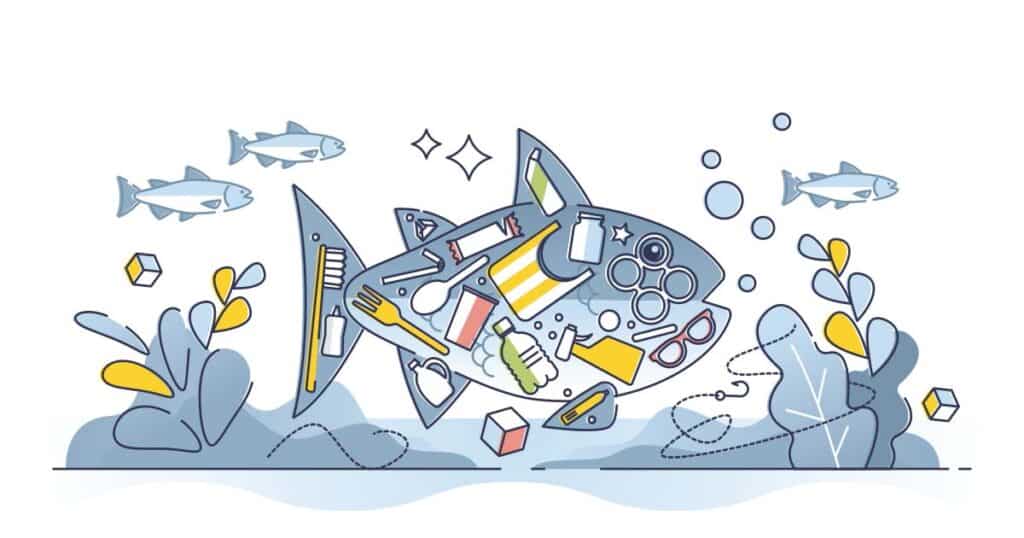
The negative health implications of air pollution — both indoor and outdoor — range from respiratory issues to life threatening cancers.
According to Health Canada estimates, 15,300 Canadians died prematurely in 2021 as a result of air pollution. Air pollution is recognized internationally as a leading cause of health issues. We often hear on the news about developing countries and their extremely high levels of air pollution. In Canada, we are exposed at lower levels. Nonetheless air pollution creates serious adverse health effects. A recent study published by the European Environmental Agency shows an increased risk of breast cancer and a dramatic increased risk of prostate cancer attributed to air pollution.
In a recent newsletter article, I wrote about the toxic lead levels in much of the Canadian water supply. Contaminants in our water include metals, nitrogen, pesticides, medication by-products, polyfluoroalkyl substances (or PFAS), waste from industrial operations, farming and ranching, bacterial, and viral contaminants. PFAS have recently been linked with an increased risk of liver cancer and diabetes.
Highly processed food contains several preservatives and trans fats that are detrimental to our health. Ultra-processed foods are linked with an increased rate of cognitive decline. Don’t get fooled by “organic or gluten-free” as healthy alternatives. Processed food is processed food. Food packaging also contains highly toxic chemicals. A recent report from the Swiss based Food Packaging forum released a study identifying upwards of 3,000 harmful chemicals in food packaging. They also released a study just last month on the adverse effects of food packaging on our gut microbiome. Even foods we consider to be healthy can impact our cancer risk. “A new analysis from a Brown University team shows a connection between eating fish and developing skin cancer, and the researchers say bio-contaminants like mercury are a likely cause.”

The never-ending list of harmful chemicals our bodies are bombarded with daily is overwhelming. In our modern world of conveniences we cannot escape the toxic burden. The best we can do is try to live a clean lifestyle – choose organic unprocessed foods and personal care items, filter your water supply, and be sure that your indoor air is free of contaminants. However, the world we live in is full of chemicals and beyond our capacity to fully control.
Our ability to “filter out” toxins from our bodies is up to the capacity of our individual detoxification system. Our levels of exposures do not necessarily relate to our overall toxic burden. Everyone has a different inherent capacity to manage environmental toxicity. The Nardella Clinic has years of experience testing for heavy metals, toxic industrial compounds, mold (mycotoxins), and glyphosate. We are also able to test your personal detoxification ability and the affects that the toxic exposures have had on your body.
Questions about treating the impact of toxic chemicals on your body? We’re here to help.
Schedule a consult with the naturopathic doctors at the Nardella Clinic today to talk about how we might be able to address you concerns about all types of harmful toxins, and answer any questions about managing environmental toxicity or anything else at all. We’re here to help.
References
- https://www.medscape.com/viewarticle/965091#vp_1
- https://www.eea.europa.eu/highlights/pollution-and-cancer
- https://www.canada.ca/en/health-canada/services/publications/healthy-living/2021-health-effects-indoor-air-pollution.html
- https://www.ncbi.nlm.nih.gov/pmc/articles/PMC7126548/
- https://www.medscape.com/viewarticle/978365?src=mkm_ret_220823_mscpmrk_neuro_confAAIC&uac=201333DJ&impID=4560533
- https://www.theguardian.com/world/2022/may/19/more-than-3000-potentially-harmful-chemicals-food-packaging-report-shows
- https://www.foodpackagingforum.org/news/food-packaging-leachates-impact-gut-microbiome-and-metabolites
- https://www.brown.edu/news/2022-06-09/fish-melanoma
